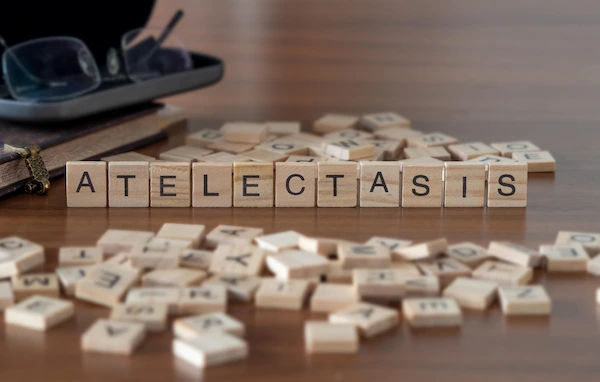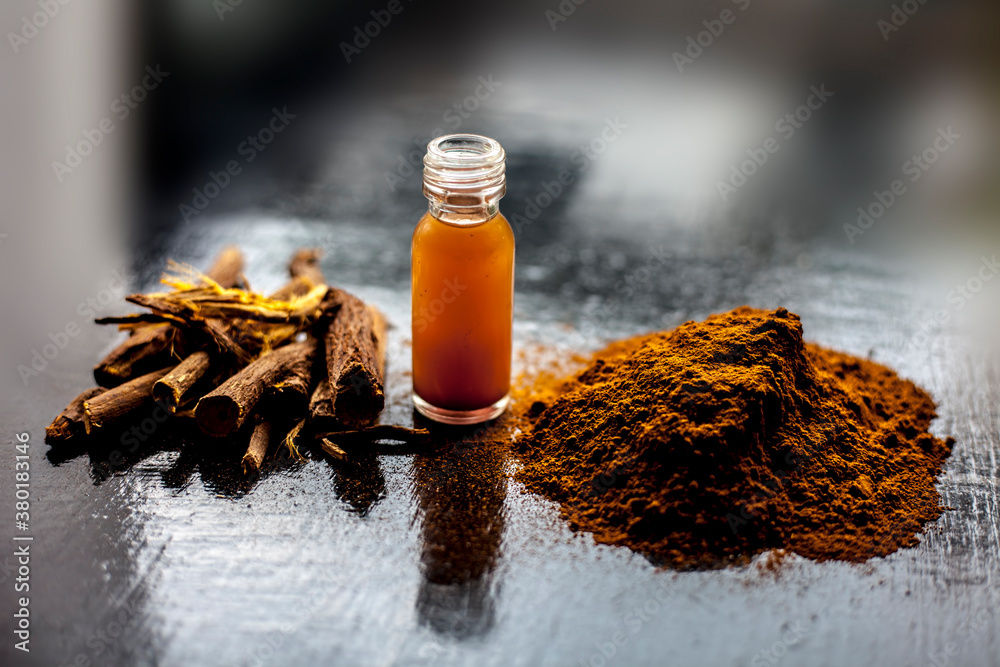Necrotising Fasciitis Overview: Causes and Treatment
Necrotising fasciitis is a rare, rapidly spreading bacterial infection affecting skin and soft tissues. Learn about causes, symptoms, treatment, and prevention to act fast.


Necrotising fasciitis (NF) is a rare but serious bacterial infection that affects the deeper layers of the skin and soft tissues. Often called "flesh-eating disease," it spreads quickly and can become life-threatening if not treated immediately. While it is uncommon, understanding its causes, symptoms, and treatment options can help you recognize warning signs and seek prompt medical care.
What is Necrotising Fasciitis?
Necrotising fasciitis is a severe infection caused by bacteria that destroy skin, fat, and the tissue covering muscles (fascia). The infection spreads rapidly, leading to tissue death (necrosis) and, in severe cases, organ failure or death if untreated.
Types of Bacteria That Cause NF
- Group A Streptococcus (most common)
- Staphylococcus aureus
- Clostridium
- E. coli and Klebsiella (less common)
Symptoms to Watch For
Early symptoms may resemble a minor skin infection, but they worsen quickly. Key signs include:
- Severe pain (disproportionate to visible injury)
- Red, swollen, and warm skin that spreads rapidly
- Fever, chills, and fatigue
- Blisters or black spots (signs of tissue death)
- Nausea, dizziness, or confusion (indicates systemic infection)
If you notice these symptoms, seek emergency medical care immediately.
How Do People Get Necrotising Fasciitis?
NF occurs when bacteria enter the body through:
- Cuts, burns, or surgical wounds
- Insect bites or puncture wounds
- Chronic conditions like diabetes or weakened immunity
- Recent infections (e.g., chickenpox, flu)
Risk Factors:
- Diabetes (poor circulation increases infection risk)
- Weakened immune system (due to illness or medications)
- Obesity or chronic alcohol use
- Skin injuries or recent surgery
How is Necrotising Fasciitis Diagnosed?
Doctors diagnose NF through:
- Physical examination (checking for pain, swelling, skin changes)
- Blood tests (to detect infection and organ function)
- Imaging tests (MRI, CT scan, or ultrasound)
- Tissue biopsy (to identify bacteria)
Early diagnosis is crucial—delayed treatment increases complications.
Get Your Health Assessed
Treatment Options
NF requires immediate medical intervention, including:
1. Antibiotics
High-dose IV antibiotics target the bacteria.
2. Surgical Debridement
- Dead tissue is surgically removed to stop infection spread.
- Multiple surgeries may be needed.
3. Hyperbaric Oxygen Therapy (HBOT)
In some cases, oxygen therapy helps healing.
4. Supportive Care
- IV fluids, pain management, and wound care.
Consult an Specialist for the best advice
Can Necrotising Fasciitis Be Prevented?
While NF is rare, you can lower your risk by:
- Cleaning wounds properly with soap and water.
- Covering cuts with sterile bandages.
- Seeking medical help for deep or infected wounds.
- Managing chronic conditions like diabetes.
When to See a Doctor?
If you or a loved one has:
- Unusual pain, swelling, or redness that worsens quickly.
- Fever with skin changes after an injury.
- Signs of severe infection (blisters, blackened skin).
Do not wait—seek emergency care immediately.
Need Expert Advice?
If you have concerns about wound infections or risk factors, consult a specialist. You can book a doctor’s consultation or lab tests through Apollo 24|7 for quick and reliable care.
Final Thoughts
Necrotising fasciitis is a medical emergency requiring fast treatment. While rare, awareness of symptoms and risk factors can save lives. Always practice good wound care and seek help if you notice severe or worsening infections.
Consult an Specialist for the best advice
Consult an Specialist for the best advice

Dr. Promise Jain
General Physician/ Internal Medicine Specialist
20 Years • MBBS, DNB Medicine, TDD, MNAMS, PGCDM, CCEBDM, CCMTD,PGDE Senior Consultant- Internal Medicine Head- Department of critical care Apollo Sage Hospital, Bhopal, MP Intensivist, Diabetes, Thyroid , Physician
Bhopal
Apollo Sage Hospitals, Bhopal

Dr. Subashini Venkatesh
General Physician/ Internal Medicine Specialist
25 Years • MBBS., DCH, MRCGP, Dip (Dermatology), CCT
Chennai
Apollo Hospitals Heart Centre Thousand Lights, Chennai
(25+ Patients)

Dr. Jayasree Krishnan
General Physician/ Internal Medicine Specialist
17 Years • MBBS, MD (Gen. Med.)
Chennai
Apollo Speciality Hospitals Vanagaram, Chennai
(100+ Patients)
Dr. Shamim Anjum
Family Physician
15 Years • MBBS, M MED (Family Medicine)
Hyderabad
FAMILY CARE CLINIC, Hyderabad

Dr. Srimathy Venkatesh
General Physician/ Internal Medicine Specialist
24 Years • DNB (General Med), MRCP
Chennai
Apollo Hospitals Greams Road, Chennai
(200+ Patients)
Consult an Specialist for the best advice

Dr. Promise Jain
General Physician/ Internal Medicine Specialist
20 Years • MBBS, DNB Medicine, TDD, MNAMS, PGCDM, CCEBDM, CCMTD,PGDE Senior Consultant- Internal Medicine Head- Department of critical care Apollo Sage Hospital, Bhopal, MP Intensivist, Diabetes, Thyroid , Physician
Bhopal
Apollo Sage Hospitals, Bhopal

Dr. Subashini Venkatesh
General Physician/ Internal Medicine Specialist
25 Years • MBBS., DCH, MRCGP, Dip (Dermatology), CCT
Chennai
Apollo Hospitals Heart Centre Thousand Lights, Chennai
(25+ Patients)

Dr. Jayasree Krishnan
General Physician/ Internal Medicine Specialist
17 Years • MBBS, MD (Gen. Med.)
Chennai
Apollo Speciality Hospitals Vanagaram, Chennai
(100+ Patients)
Dr. Shamim Anjum
Family Physician
15 Years • MBBS, M MED (Family Medicine)
Hyderabad
FAMILY CARE CLINIC, Hyderabad

Dr. Srimathy Venkatesh
General Physician/ Internal Medicine Specialist
24 Years • DNB (General Med), MRCP
Chennai
Apollo Hospitals Greams Road, Chennai
(200+ Patients)





